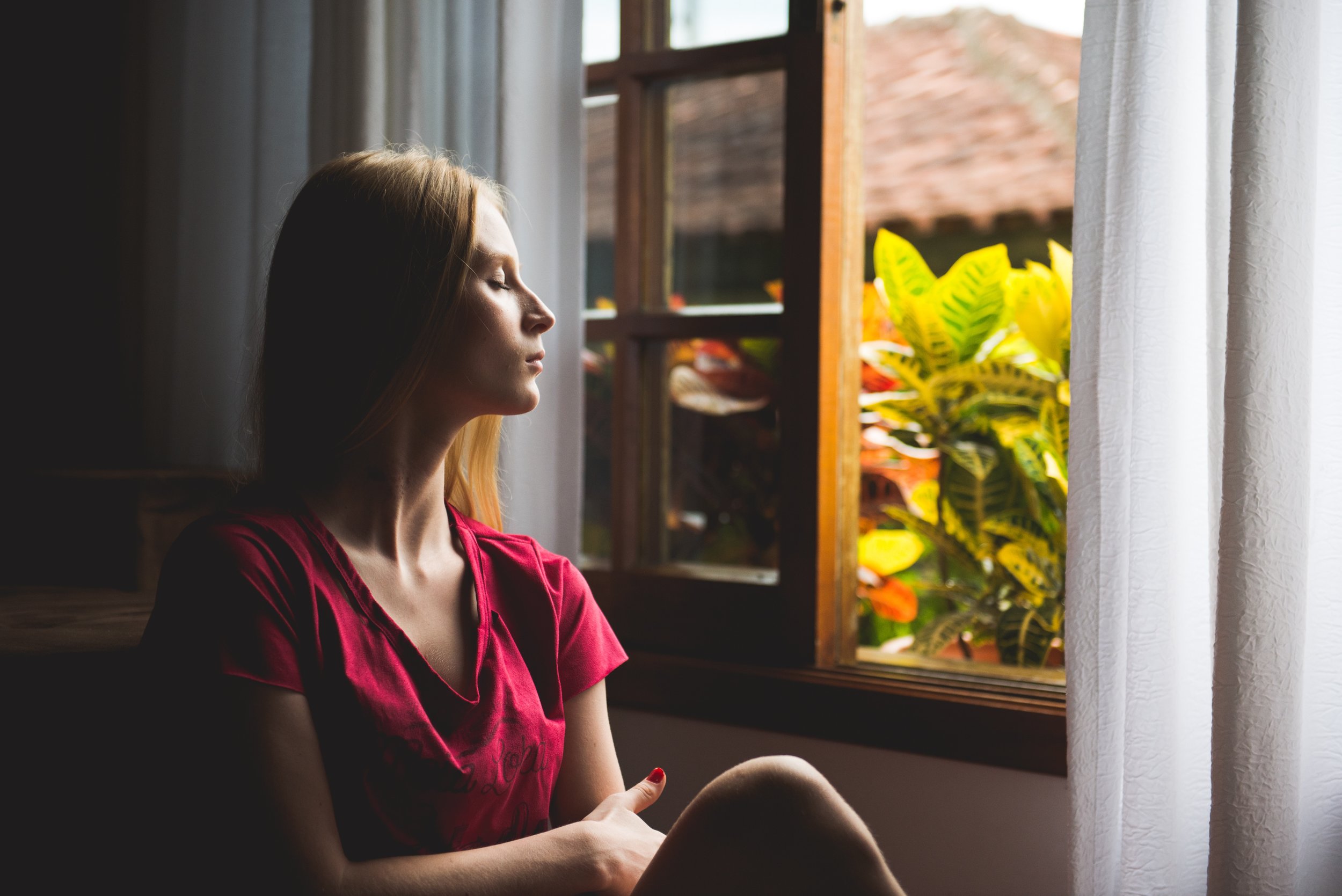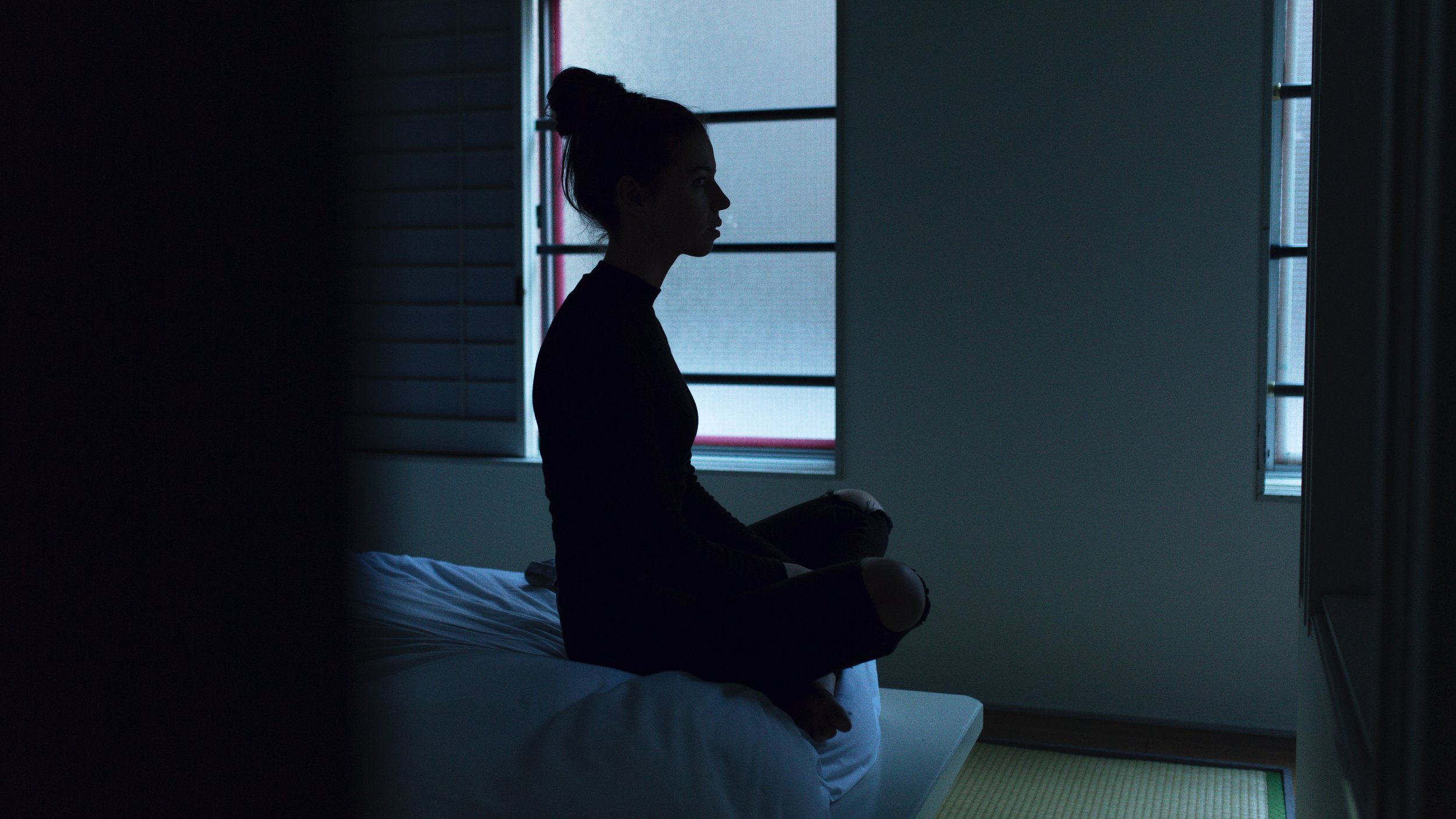We work so hard to get things done, to check them off our list(s), to be productive that we forget to notice what it’s like to live our life.
We make “doing” a priority.
Then the universe shows up and says, “What if doing isn’t enough? Wouldn’t you like to be in your life instead of do your life?”
“You were born worthy of love and belonging. Courage and daring are coursing through your veins. You were made to live and love with your whole heart. It’s time to show up and be seen.”
About 15 years ago, I got stopped in my tracks. I’d been so busy taking care of others: the kids, the animals, the house, schoolwork, the chores…. Suddenly I realized I was missing something. I felt disconnected, untethered.
I was so out of touch with what I needed and wanted that I would freeze when given a choice like “pizza or Chinese?”
Starting a mindfulness practice
That’s when I started on my journey with a mindfulness and meditation practice. It wasn’t easy. I wasn’t used to sitting quietly or taking notice of my sensory experience. I can remember telling my meditation coach, “I find that I tune out. I daydream, get lost in thought. I don’t think I’m meditating right.”
I worried that I might never get it “right.”
What it’s taken me some time to recognize is that it’s the noticing—when we’re drawn away to our thoughts, feelings, daydreams— that’s what matters. When we’re noticing and coming back to our breath and our body’s sensory experience, we’re practicing mindfulness.
The continued practice has helped me gain new insight into Me. It’s helped me feel more love and connection to all of me. All. Of. Me. The shadow and the light, the imperfections and the gifts. All of me.
It’s also helped me to feel more connected to everyone around me. My kids, my husband, my family, my dog, my clients, people I encounter in daily life…Because I feel a deeper connection inside me, it shines through on the outside.
Imagine if we could all show up and be seen.
Join me on a mindfulness journey
I’m on a quest to make that happen! Come join me and women like us in the Women’s Mindfulness Circles that are starting next month!
Here’s what others have said about the Mindfulness Circles:
“Spending time with other women in a supportive, healthy environment, I realized how little I have that.”
“A chance to meet with other [women] who are experiencing similar challenges and be accountable to the group for trying new habits and practices.”
“[I enjoyed] sharing and talking about our experiences.”
What to know more? You can find it here.
If you enjoyed this blog post and would like more insights into living with anxiety, tune into the Woman Worriers podcast. In each weekly 30-minute episode, host Elizabeth Cush, LCPC, and her guests explore living with anxiety, relationships, parenting, surviving trauma and other topics and offer insights into mindfulness, meditation and other helpful resources.
Elizabeth Cush, LCPC is a therapist, blogger, creator and host of the Woman Worriers podcast, and the owner of Progression Counseling in Annapolis, Md and she’s been featured in these major publications. Elizabeth helps busy, overwhelmed men and women manage their anxiety and stress so they can live their lives with more ease, contentment and purpose. If you'd like to know more about how individual, online and group therapy can help ease anxiety and stress, contact me!


























